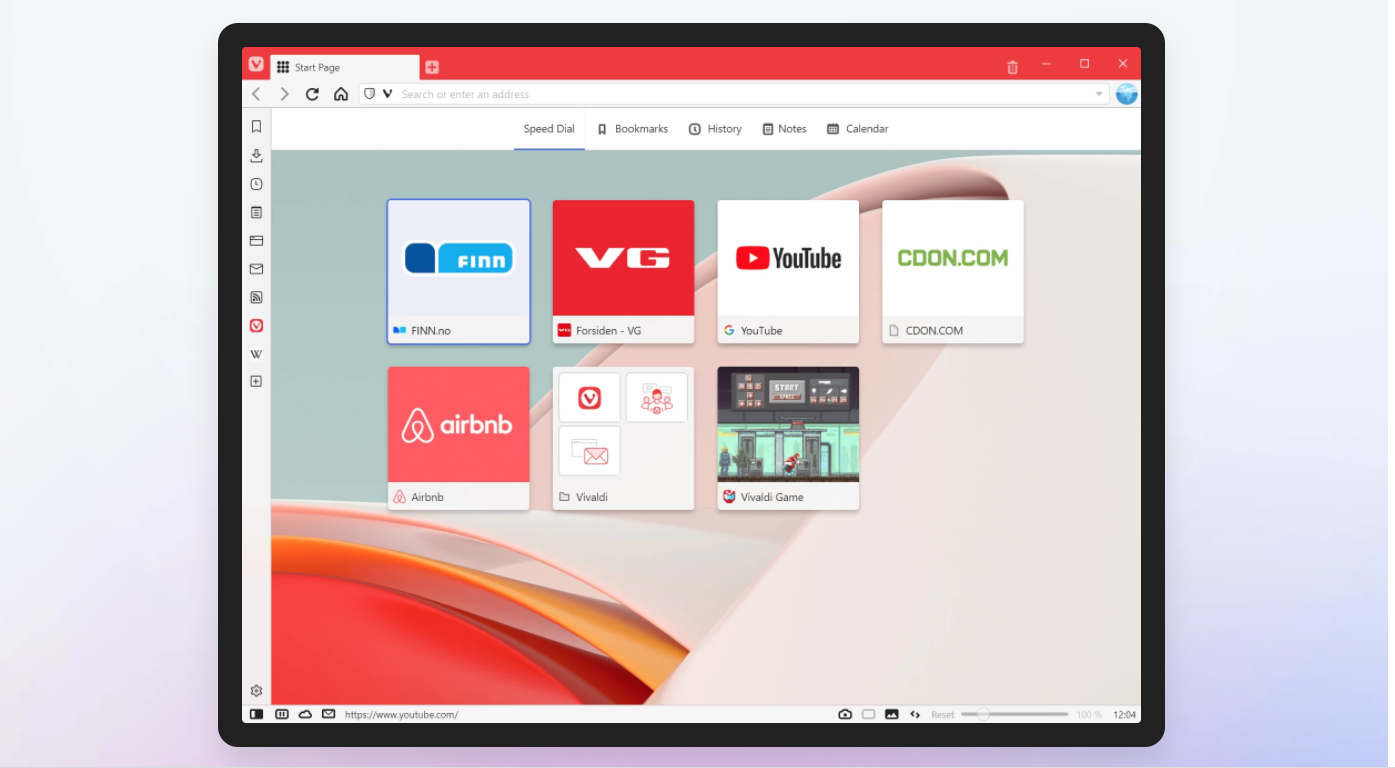Οι χρήστες του Vivaldi θα μπορούν πλέον να ελέγχουν τα email τους, το ημερολόγιο και τα RSS feed που επιλέγουν μέσω ενσωματωμένων εργαλείων στο πρόγραμμα tours: h version 4.0 released today also includes the beta version of Vivaldi Mail, which promises a more private alternative to the big corporate web apps.
Even if we don't care about the potential benefits in privacy, Vivaldi offers something that many users may need: an all-in-one app for browsing, emailing, and scheduling.

Ο email client supports IMAP and POP accounts, so you can connect to most email services very easily and open your messages in tabs instead of the current window. This is a very convenient idea, especially if you are the type who reads emails frequently.
Having your email available in the browser sidebar, you can quickly check if you have unread messages.
Calendar and RSS applications also have many of the features you need. For example, the RSS reader also supports YouTube channels, which could be very useful for those who are concerned that an algorithm decides not to display a creator's videos.
The other feature of this Vivaldi update is the built-in translation. The browser will be able to translate entire web pages (automatically, if you want) into 50 languages as of today, and the company says it will expand to support 109 languages very soon. While the mail tools are only coming to the browser for desktops, but the translation will also be available on Android devices.





